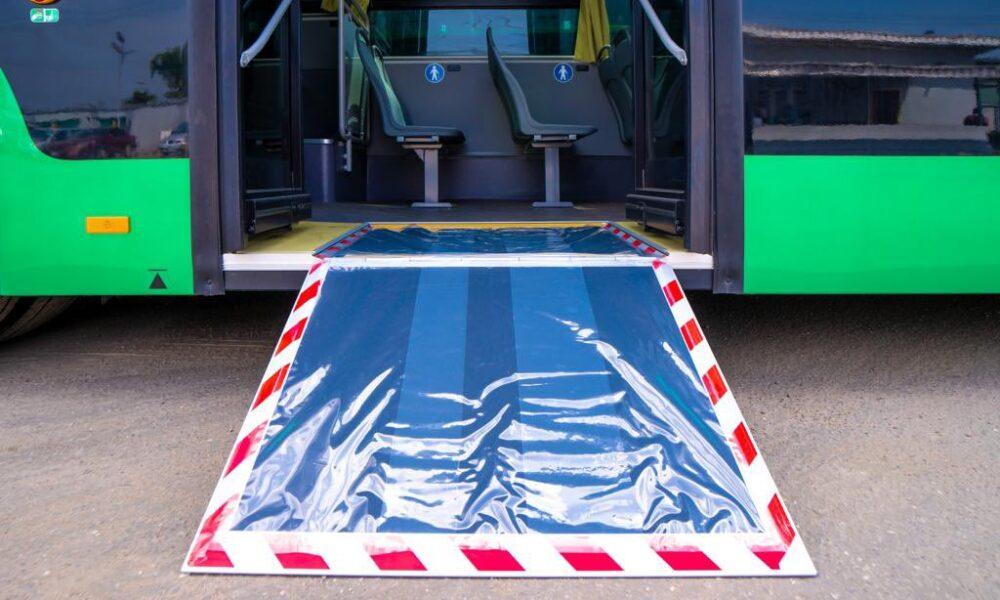Technology
Nigerian Government Adopts NADIP Plan, to Increase Local Production And Promotion of Electric Vehicles

The federal government of Nigeria has adopted the National Automotive Industry Development Plan (NADIP) to increase local production and promotion of electric vehicles in the country by 2033.
Announcing this is Nigeria’s Trade and Investment Minister Otunba Adeniyi Adebayo, who said that the policy is aimed at enabling the increase in the production of local vehicles in the country with a target of 40% locally made vehicles and 30% locally produced electric vehicles (EVs).
He further added there will be enforced patronage of locally produced vehicles by the government while noting that the policy will also lead to a significant increase in the generation of millions of jobs for unemployed youths.
Recall that earlier this month, the Nigerian Government announced the approval of the Nigeria investment policy, and the adoption of a new National Automotive Industry Development Plan (NADIP) from 2023 to 2033, aimed at enabling the exponential increase in local production numbers of vehicles.
The government disclosed that the 2023-2033 automotive development plan, will enable Nigerians to migrate seamlessly from combustible engines into electric solar-powered engines. Notably, the Nigerian government revealed that its vehicle production industry recorded over $1 billion worth of investments last year.
Investors King understands that in August last year, the federal government of Nigeria entered into an agreement with Israeli, Japanese, and Nigerian companies to commence assembling and manufacturing environmentally friendly, green, electric, and smart automobiles by 2023.
It is understood that the new NAIDP plan would provide outstanding competitive fiscal and non-fiscal incentives to automotive industry manufacturers/ producers, investors, developers, and all relevant stakeholders. Experts disclose that local car manufacturers in Nigeria such as Innoson Motors, Stallion Motors, and several others will significantly gain from this policy.
While the main issue with electric vehicles has neither been the price nor the road, but the concern of where to charge them, considering the hours of electricity needed to keep the vehicle running.
It is interesting to note that the National Automotive Design and Development Council (NADDC) last year September, initiated an electric vehicle pilot program, which saw it collaborate with the Stallion Group, European Union, and other stakeholders to roll out 100 solar-powered electric vehicle charging stations across the country.
Reports reveal that interest in driving Electric vehicles (EV) has surged over the years despite doubts about whether it is viable for the Nigerian market especially due to electricity supply challenges and terrible road networks.
On the global level, for many developed countries, the switch from fossil fuel to cleaner and renewable sources of energy is ongoing, as there is massive adoption of EV vehicles. As transportation remains important in driving economies, electric vehicles are gradually taking center stage, with eco-friendly technology designed to reduce man’s dependence on fossil fuels.